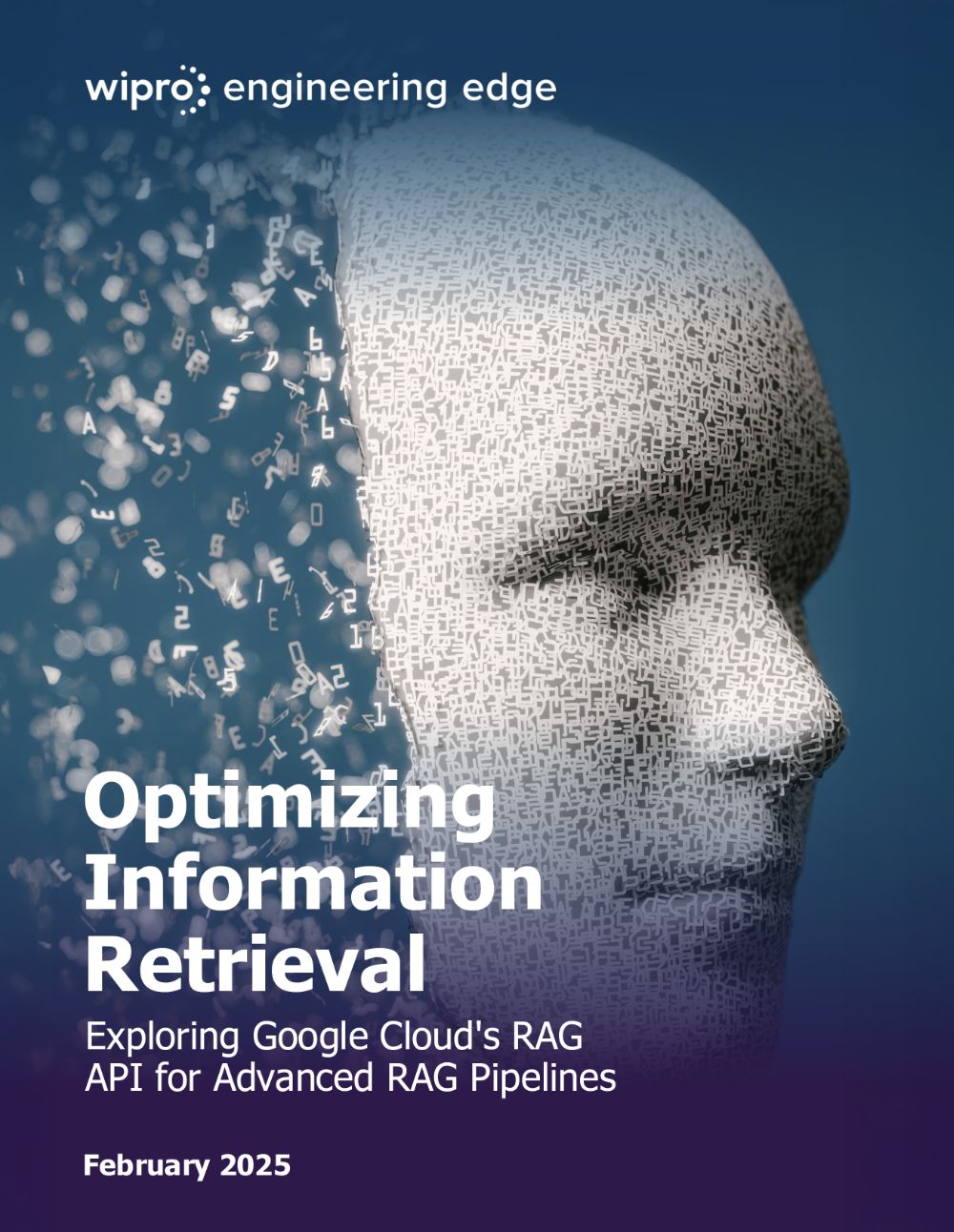- Seamless Integration with Vector Database: Integrating with Vertex AI Vector Search makes it easy to set up and scale vector databases with minimal effort, ensuring low-latency and high-performance retrieval.
- Scalable Architecture: The RAG API leverages Google Cloud Spanner for vector database storage, ensuring high availability and scalability for large-scale RAG applications.
- Best in class search: Vertex AI Vector Search is built on Google’s rich semantic search technologies, enabling high quality search results across content.
- Easy Content Generation: By using Vertex AI’s pre-trained models, including Gemini, the RAG API makes it easier to generate high-quality content based on semantic context.
- Advanced PDF Parsing: RAG Engine provides both basic and advanced pdf parsing capabilities, supporting both native and scanned PDFs, and providing better table parsing quality.
Implementing Retrieval-Augmented Generation (RAG) pipelines with Google Cloud’s RAG API offers a streamlined and simplified approach to addressing the critical need for obtaining relevant and contextual information for user queries. The RAG API's seamless integration with Vertex AI Vector Search, automatic preprocessing, and scalable architecture make it a valuable tool for organizations seeking to enhance their information retrieval and content generation capabilities. For more details, refer to the official documentation on the Google Cloud RAG API and Vertex AI Vector Search. Use Vertex AI Vector Search with RAG Engine | Generative AI on Vertex AI | Google Cloud.





